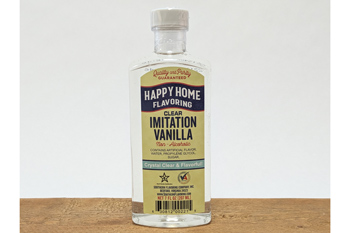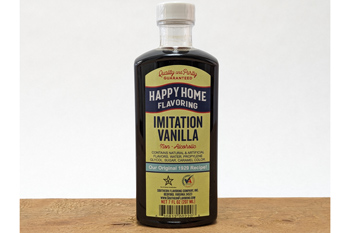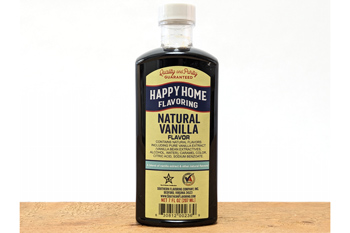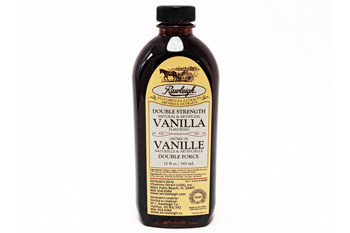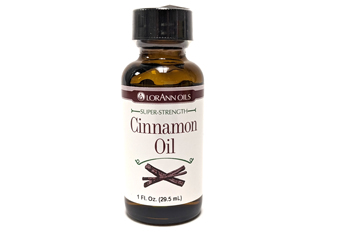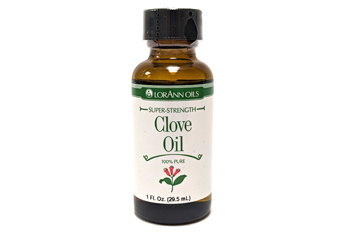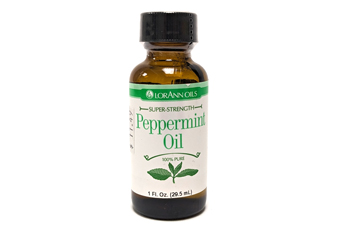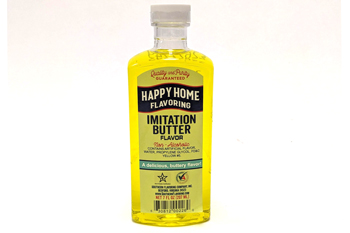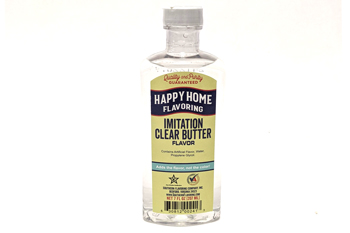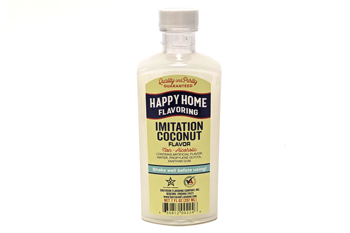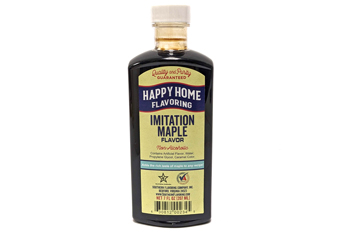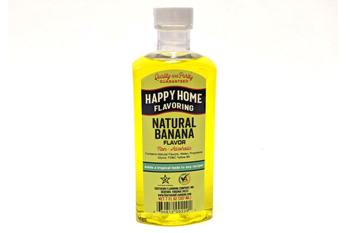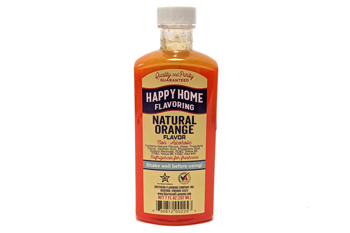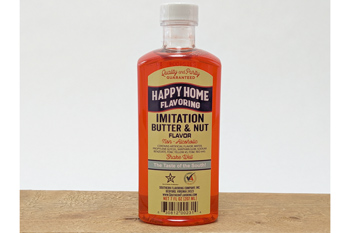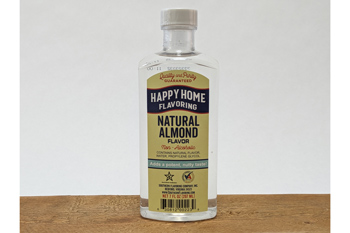Extracts and Flavorings
Looking for premium quality culinary extracts and flavorings for sale at affordable prices? Red Hill General Store offers a quality selection of extracts and flavorings have been favorites in kitchens and small restaurants for decades. You will find classic extracts and flavorings that taste buds across the globe have come to love. Our flavorings and extracts help achieve that perfect taste in home baking, candy, frozen deserts, drink mixing and more. Just a splash here and a dash there, and you'll be cookin' up a storm in no time! Extracts and flavorings, those little bottles of magic, can make your baking and cooking taste even more delicious.
If it's a perfect tasting fundraiser cookie or holiday cake you're looking for - you have come to the right place. We stock almost any flavor or extract a home cook needs, including many choices of vanilla extracts, a must-have ingredient. You'll find vanilla extract flavorings in different strengths and sizes. From pure to imitation, there's always a need for Vanilla Extract Flavor. Our clear imitation vanilla extract is ideal for creating for white cakes and icings. What is imitation vanilla? Extracts and flavorings are versatile. They can stand alone, as the star of the show, or harmonize with other ingredients in a symphony of flavor. With a recipe to follow or not these extracts for baking offer the aspiring cook a world of possibilities. Experiment with these cooking flavorings and find taste perfection.
Read more about pure vanilla and ingredients in imitation vanilla below.
What is the purpose of extracts and flavorings in cooking and baking?
What are the best extracts and flavorings for baking?
What Is Imitation Vanilla?
What Are The Ingredients In Imitation Vanilla?
Why Use Imitation Vanilla?

